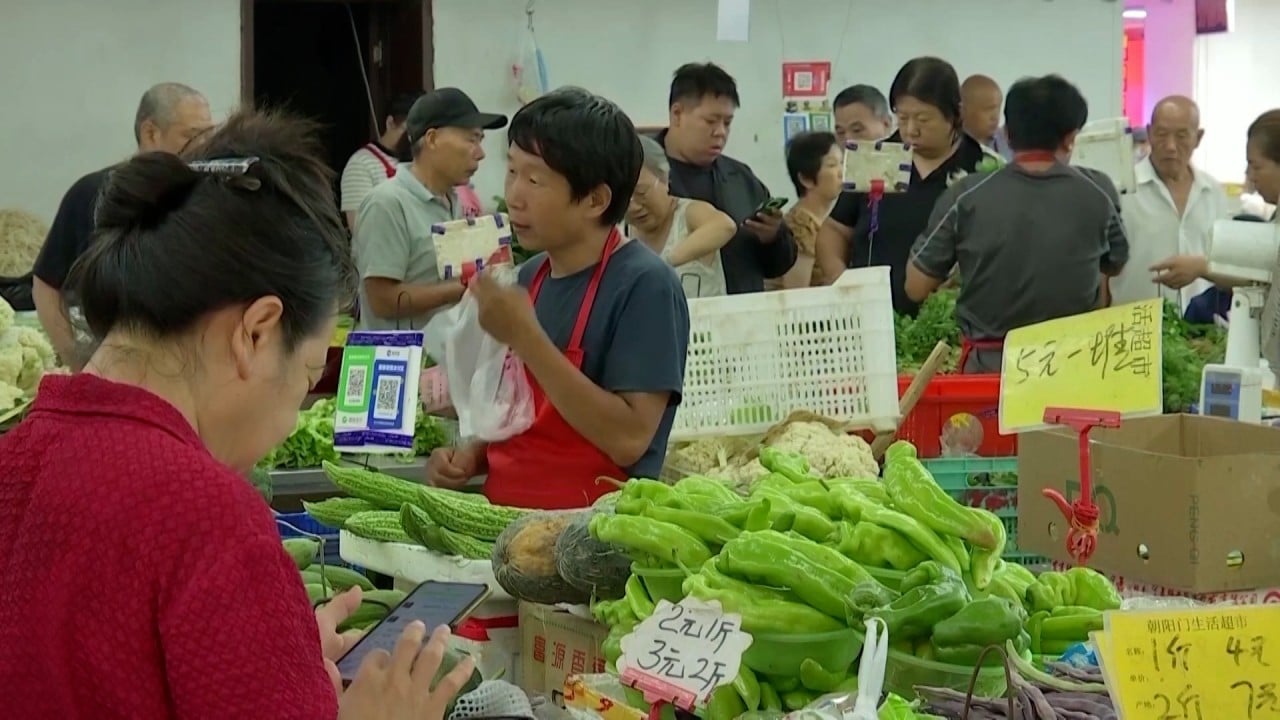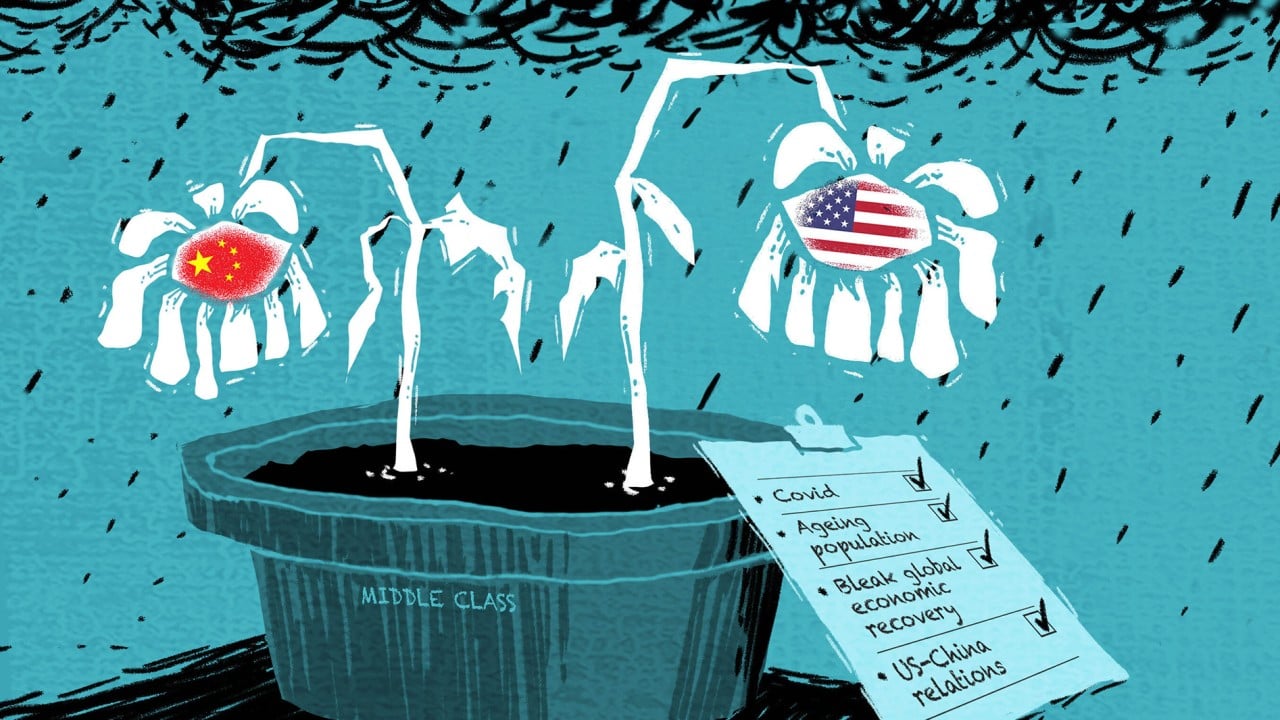“The real economy is the foundation of finance, and finance is the lifeblood of the real economy, they coexist and prosper together.
“If finance detaches from the real economy, it is like water without a source and a tree without roots. Without a robust real economy to support it, financial prosperity will only have ‘virtual fatness’.”
The article was written by the Central Financial Commission’s (CFC) general office and the Central Financial Work Commission, which were set up in March as part of a restructuring that bolstered the party’s direct control over strategic sectors.
The CFC, headed by Premier Li Qiang, oversees the country’s 400 trillion yuan (US$58 trillion) holdings in banking, insurance and securities assets.
The article echoes concerns in Beijing about the fragility of the country’s financial system.
The article also coincided with the China Banking and Insurance Regulatory Commission’s announcement of more than 300 million yuan in penalties handed to 22 banks and insurers for irregularities.
Citic Bank was the biggest offender, with 224 million yuan in fines for violations including non-compliance with management of related-party loans.
The who, what and how of China’s new financial watchdog
The who, what and how of China’s new financial watchdog
As part of the Qiushi article, the CFC underlined the need for tougher and broader financial oversight to ensure all activities were covered.
It pledged to “effectively address the issue of ‘loose and lax’ regulation, striving for consistent, stringent, and thorough supervision, making financial supervision truly ‘with teeth and thorns’”.
It also called for constant improvement on “the professionalism, authority, and transparency of regulation”, and noted the need to “strengthen coordination between central and local regulators” and strengthen “supervision of the regulators”.
Renmin University finance professor Zhao Xijun said the conference clearly laid out policy points and goals to be implemented, including strengthened supervision in the sector and the need to serve the real economy.
Zhao said as the country’s economy transformed and upgraded, its needs grew and “in the process of meeting these ever-expanding and growing demands … financial services should meet the real needs of the real economy”.
He said that with the development of new technologies, financial institutions needed to innovate to provide new services but such innovation “should be distinguished to avoid detaching from the needs of the real economy”.
According to Zhao, the leadership had always stressed the need for better oversight but previously “the regulatory system was not very smooth”, with problems such as regulatory overlaps and vacuums that weakened the ability to identify and prevent risks.
The premier highlighted those weaknesses at a CFC meeting last month, reportedly saying the commission would prioritise risk prevention and buttress “weak links” in the economy.
He Lifeng, a Politburo member and a vice-premier in charge of finance, trade and economic matters, is director of the new commission’s general office which runs its day-to-day affairs.
He is also the party chief of the Central Financial Work Commission, which oversees the party ideology and discipline in the country’s financial sector.

